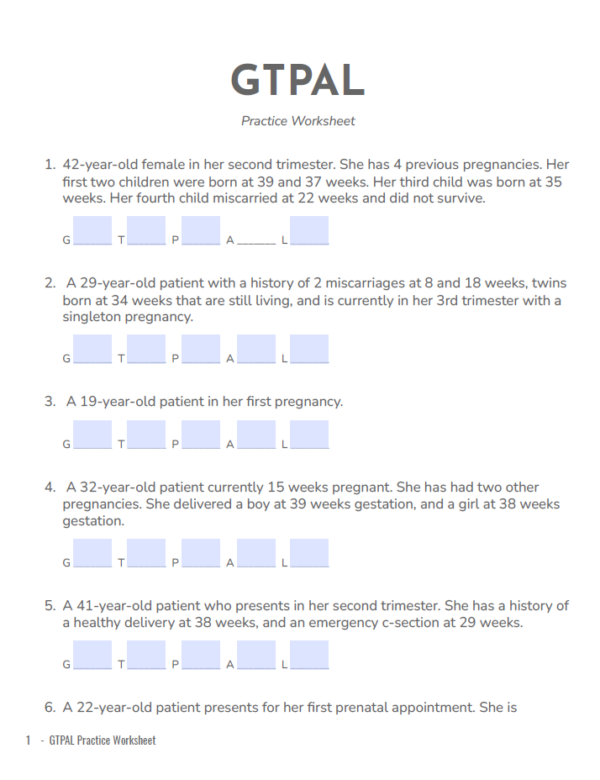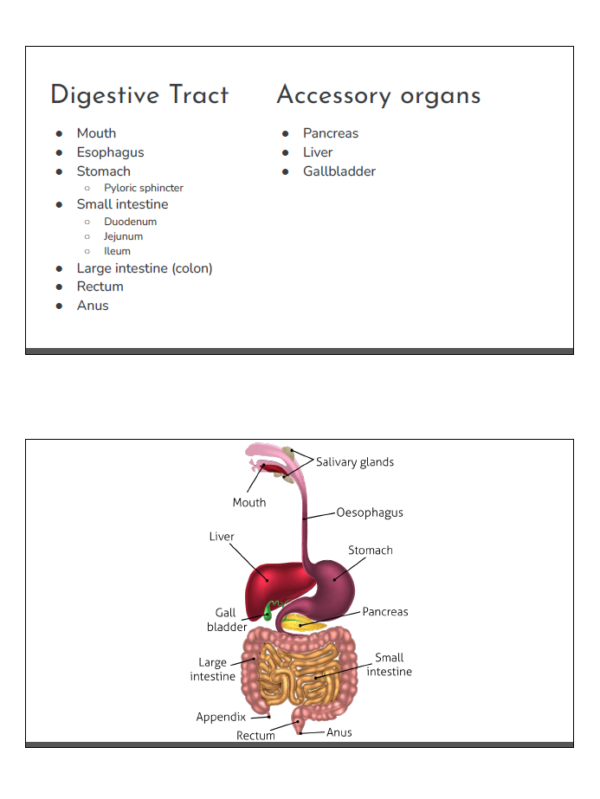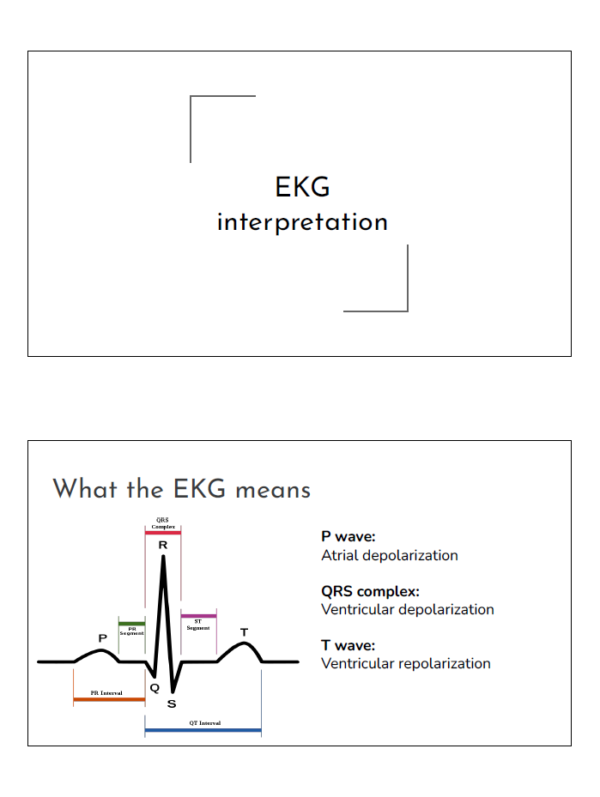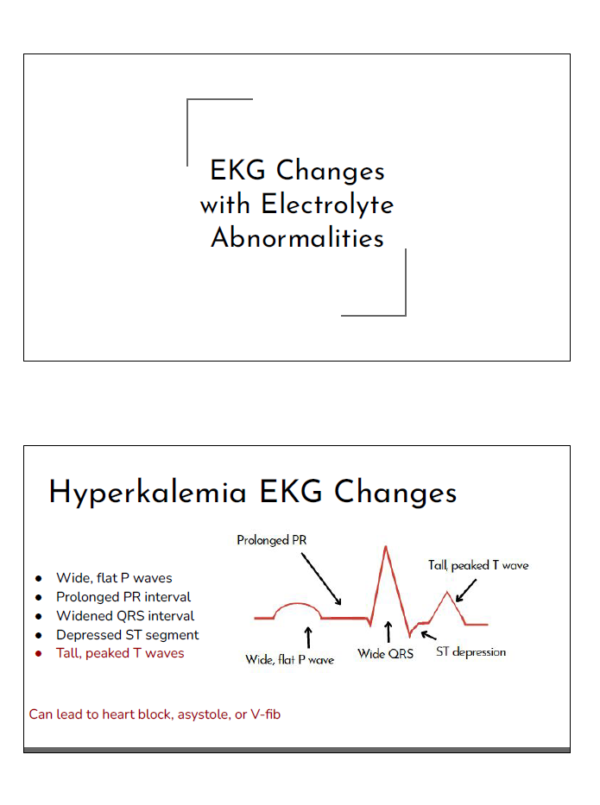NCLEX Testing Strategies: Your Toolkit for Success
This document outlines essential strategies for effectively tackling NCLEX exam questions. It includes methods for breaking down questions, eliminating incorrect answers, and recognizing key patterns. With a focus on improving critical thinking, the guide provides tips for prioritizing nursing interventions and understanding complex clinical scenarios. From addressing digoxin toxicity to managing SIADH, this toolkit is designed to boost confidence and performance on the NCLEX exam.
Preview document (- of - pages)
$4.99
- 100% Guaranteed Satisfaction
- Documents can be downloaded immediately
- No hidden fees
Specifications
School:
-
Course:
-
Subject:
-
Year of study:
-
Document
Section:
-
Made on:
October 5, 2024
Type:
.pdf
Pages:
-
Language:
English
Seller

You may also find these Examinations helpful
-
GTPAL Practice Worksheet: Mastering Obstetric History Calculations
Study Guides by NurseEducator on 05-10-2024This document offers a series of practice scenarios to help healthcare professionals accurately calculate GTPAL (Gravida, Term, Preterm, Abortions, Living Children) for obstetric patients. Each scenario is designed to reinforce... -
Gastrointestinal System: Anatomy, Disorders, and Pharmacology
Study Guides by NurseEducator on 05-10-2024This document provides a comprehensive overview of the gastrointestinal (GI) system, including its anatomy and key physiological functions. It covers common GI disorders such as GERD, gastritis, ulcers, Crohn’s disease,... -
EKG Interpretation: Understanding Cardiac Rhythms and Dysrhythmias
Study Guides by NurseEducator on 05-10-2024This document provides a comprehensive guide to EKG interpretation, covering key cardiac rhythms such as normal sinus rhythm, bradycardia, tachycardia, heart blocks, and ventricular dysrhythmias. It explains the significance of... -
EKG Changes with Electrolyte Abnormalities
Study Guides by NurseEducator on 05-10-2024This document provides a detailed overview of how electrolyte imbalances, such as hyperkalemia, hypokalemia, hypermagnesemia, hypomagnesemia, hypercalcemia, and hypocalcemia, affect EKG readings. It highlights key changes to watch for, such...



 4 Pages
4 Pages


